Parvez Dewan can send you to sleep about Ladakh-Gilgit-Baltistan. If anyone has the Ultimate Dossier on this region, it is he, after years of running about India’s northernmost state, administering and adventuring his way around its valleys, peaks and rivers. In his very first week in Ladakh, a snowstorm forced Parvez to stay in a hut near the cave monastery shown on the front cover. He used those five days to learn Ladakh’s Bodhi script and, gradually, the language. Parvez then translated the region’s second most popular epic Norbu, the Prince, and It Thoq, the Angel into English. In 1993, Parvez started the autumn Ladakh Festival and , a few years later, a similar festival in Kargil. In this first-of-its-kind three-volume set on Jammu, Kashmir and Ladakh, one on each region, Parvez Dewan has tried to bring alive the past of the fabled land that has been the arena of his adult life: an up-to-date yet timeless history of the magical trinity of Jammu, Kashmir and Ladakh that crowns the sub-continent of India.
ABOUT THE AUTHOR Parvez Dewan
Parvez Dewan was educated at St. Stephen's College, Delhi, and the University of Cambridge, and was elected a Visiting Research Fellow of Queen Elizabeth House, Oxford University. He hitchhiked through Nicaragua to study its total literacy miracle and trawled Cambodia and Central Asia for their architectural links to Kashmir's temples and shrines. An officer of the Indian Administrative Service, he is currently the Divisional Commissioner of Kashmir. Two of his libretti were recorded as rock operas in Denmark, a third was telecast on Britain's Channel Four (and none of the three was ever heard of again). At St. Stephen's he was elected President of the College Union society and was awarded the L. Raghubir singh History Prize for ranking first in his B.A. (Hons.) class. At Cambridge, he was awarded the Jennings Prize in 1987 for obtaining the highest marks, and a distinction, in the Development Studies class. He was the Senior Treasurer of the Cambridge University (C.U.) Friends of the Earth and was also with the C.U. Green Party. Most of the publications that Parvez has written for had to fold up (Youth Times, JS, The Hindustan times Evening News, The Metropolitan on Saturday, Shama (Urdu) and such sections of The Times of India as he regularly contributed to). However, some survived (notably the Times of India, India Today, The Hindustan Times, The Statesman and Stardust).

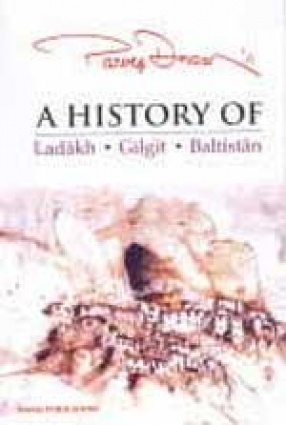
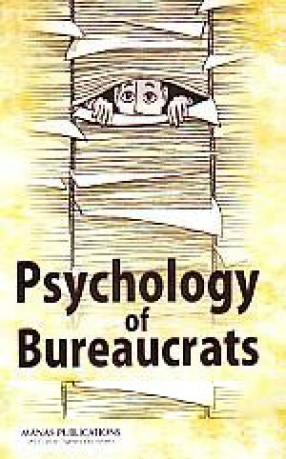
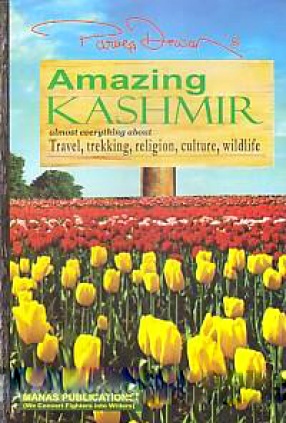
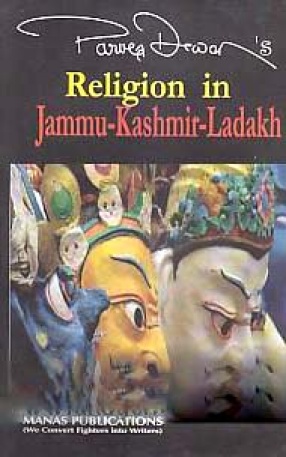
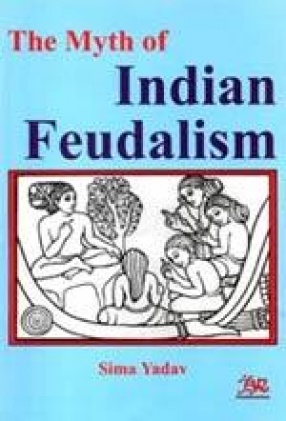
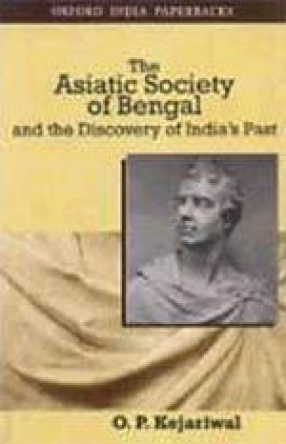
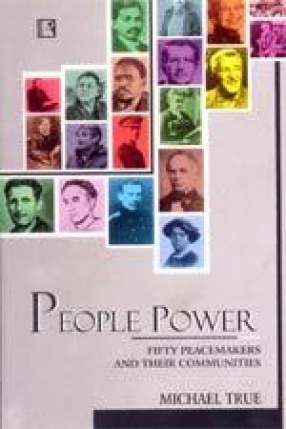
There are no reviews yet.